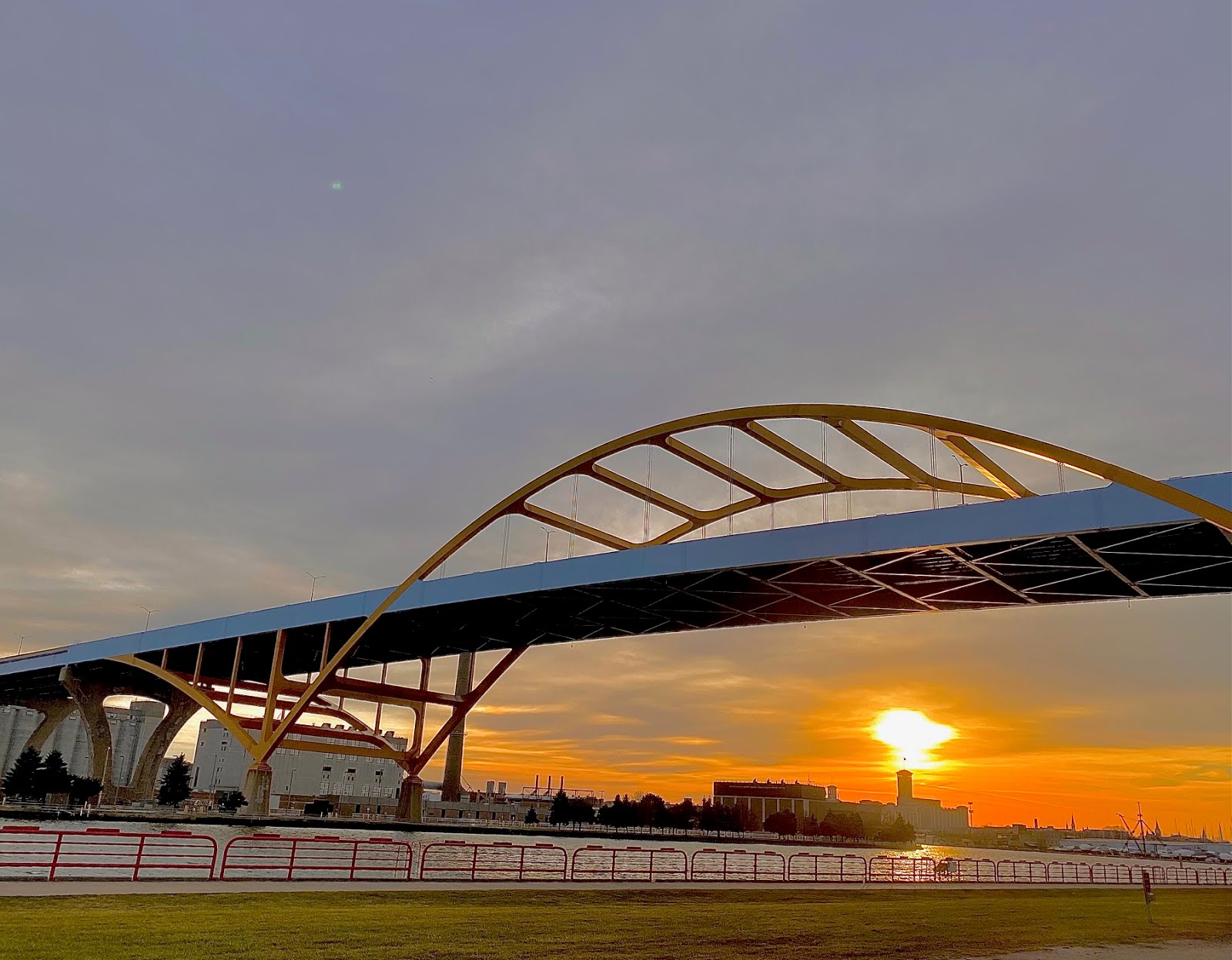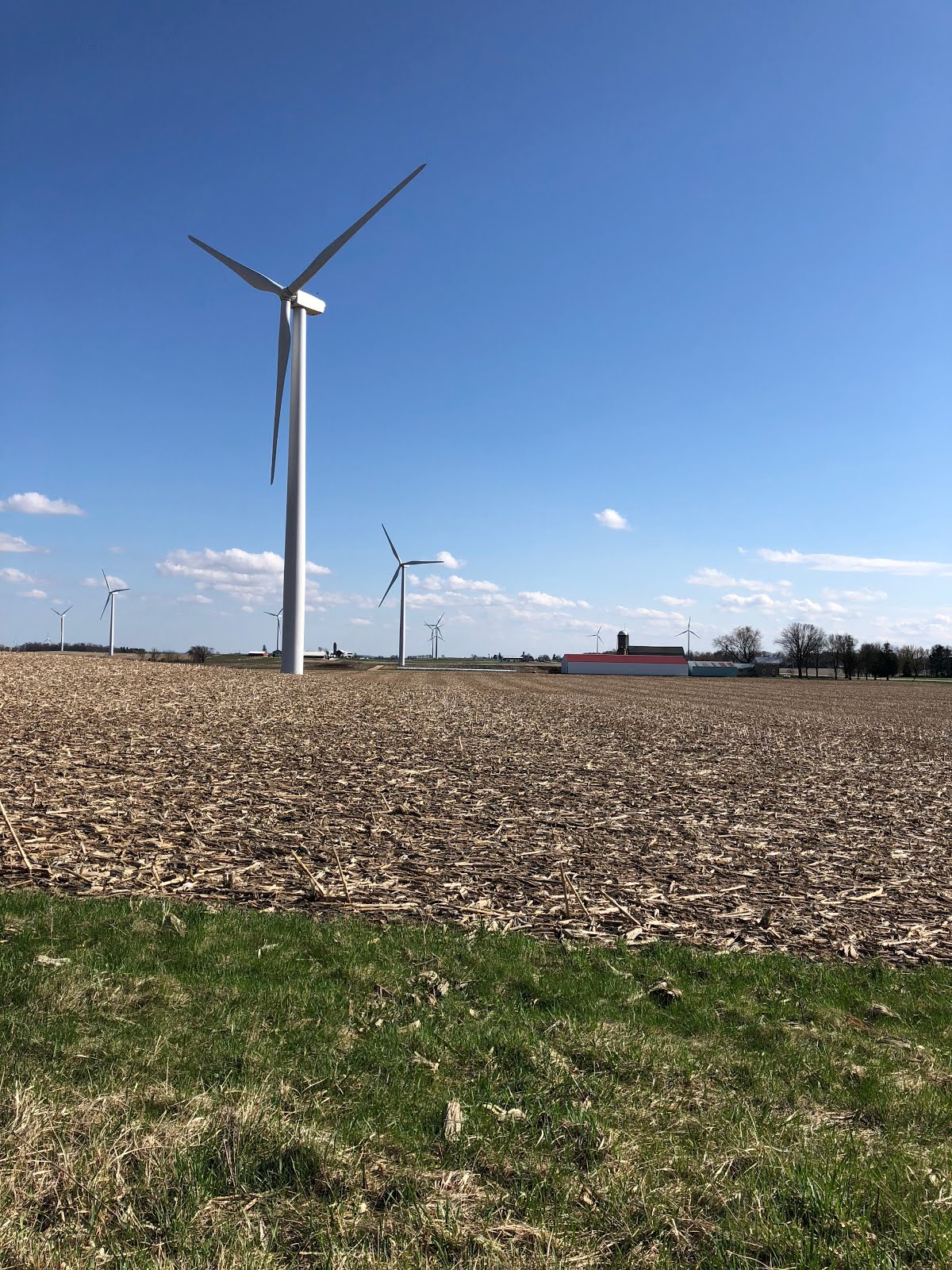Pipeline Plans Proceed, As Do Costly Spill Cleanups
Tar sand and fracked crude oil pipeline companies are pressing for expansions from Canada to Texas, and across Wisconsin, too, but why should those permissions be granted when several major inland spills are still being cleaned up, with pollution effects, repair and environmental costs lasting years?
The controversial Canada-Texas pipeline plan, known as Keystone XL, will cross the largest underground water supply in the US - - but the ongoing contamination from a serious pipeline break in a North Dakota wheat field should ring alarm bells about the dangers ahead if Keystone is allowed to open and flow.
Another consideration in the 'what-could-go-wrong-calculus' - - human errors that accompany and exacerbate such spills, like the Exxon operator delays that let crude oil pour unnecessarily into Montana's Yellowstone River after sensors had detected the break.
Likewise - - delayed shut-off work and reporting worsened the recent pipeline spill on and under a North Dakota wheat farm that left more than 800,000 gallons of crude oil to clean up.
And the Wisconsin expansion is being sought by a company - - Enbridge - - with a long history of pipeline breaks and environmental damage in and outside of Wisconsin. The 2010 break in an Enbridge pipeline that contaminated the Kalamazoo River in Michigan is nearing a remediation tab of $1 billion.
Enbridge spilled 50,000 gallons of oil in Wisconsin in 2012.
More about Enbridge's plans to triple the Wisconsin flow - - is here:
An increase in crude oil production in Canada and North Dakota is driving a major crude oil transport company to upgrade its infrastructure in Adams County and other parts of Wisconsin, according to a spokesperson from Enbridge, Inc.Regrettably, The Milwaukee Journal Sentinel has endorsed the Wisconsin pipeline expansion.
Becky Haase, stakeholder relations specialist, said in a phone interview the improvements to Line 61 will increase its capacity from 400,000 barrels per day to 1.2 million barrels per day.
Even a relatively less calamitous and lower-profile inland gasoline pipeline break like the one that damaged the Jackson marsh and water systems northwest of Milwaukee in Washington County, Wisconsin shows the difficulties and costs presented by an inland pipeline rupture.
Just because the Canadians are willing to moonscape parts of Alberta and risk their rivers for tar sand oil extraction doesn't mean the US should bear the environmental burden of getting the oil all the way to Houston for processing and shipping to Asia.
Inland spills are called the "new monster," (sights and sounds here).
President Obama should veto Keystone.









No comments:
Post a Comment